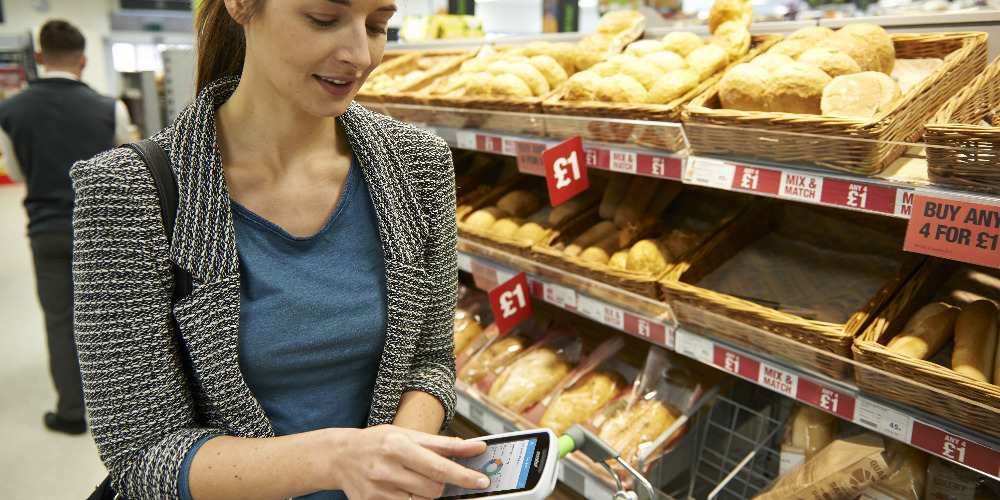Changing consumer demands, increased competition and the rise of online delivery means independent retailers must invest in retail mobility solutions their stores, according to Mark Thomson, retail director and tech expert at Zebra Technologies.
Retail mobility solutions are the use of technology and software in-store in order to manage stock, understand consumer behavior and tailor a service to each customer.
According to both ACS and Reposs, only half of independent convenience stores currently have EPoS behind the counter, meanwhile multiples and other retailers are implementing advanced in-store support and analysis tools such as beacons, cameras and mobile till systems.
Though many independents feel this technology is either unaffordable or unmanageable, Thomsons begs to differ. Responding to the claims he told Retail Express, “five years ago they were correct, the access wasn’t there for independents but there’s a revolution that has taken place since then.”
The director explains that this technology can allow retailers to track stock more accurately throughout the store, measure store visitor behaviour, build an online audience and even send personalised offers to each customer in store.
The advancement of this technology could be a widely unknown threat, with Booker Wholesale CEO Charles Wilson discussing the threat of online at last week’s Scottish Grocers Federation Business Summit. In response to concerns about the Tesco-Booker merger threatening independents, he suggested it was actually Amazon that was the real threat.
It’s a viewpoint that the Zebra Technologies retail director supports. “Convenience is shifting as a concept," he says. "Amazon now offer two or one hour delivery in some areas, making their offer potentially more convenient than a convenience store.
"If there’s stock shortages, checkout queues or issues reaching the store, it becomes simpler for me to buy online from Amazon.”
Driving this trend is the growth of millennials as a customer segment, with the generation representing 50% of all UK workers by 2020. According to Thomson their online-first approach to sales and low retail loyalty could be major disruptors for the convenience sector.
However, the good news is that independents could be much better placed than multiples to respond to this. Mark Thomson said, “Smaller retailers can be more agile. Old retailers have legacy systems so there’s a real advantage to being an independent retailer with implementing this technology quickly.”
Giving an example of how the technology could help independents in the convenience sector, Thomson pointed towards using technology to take mobile payment for goods from anywhere in the store, rather than from behind the till.
Co-Op Italia is considering this to both reduce lunch time rush queues and to increase the amount of shelf space in small stores by reducing the number of tills.
When challenged on how easy it is for retailers to understand, implement and utilise these systems, the director said partnering with a reseller specialising in this technology was key.
Do it: Want more information on what retail mobility solutions are available for convenience stores? Contact jack.courtez@newtrade.co.uk for more information.



Comments
This article doesn't have any comments yet, be the first!